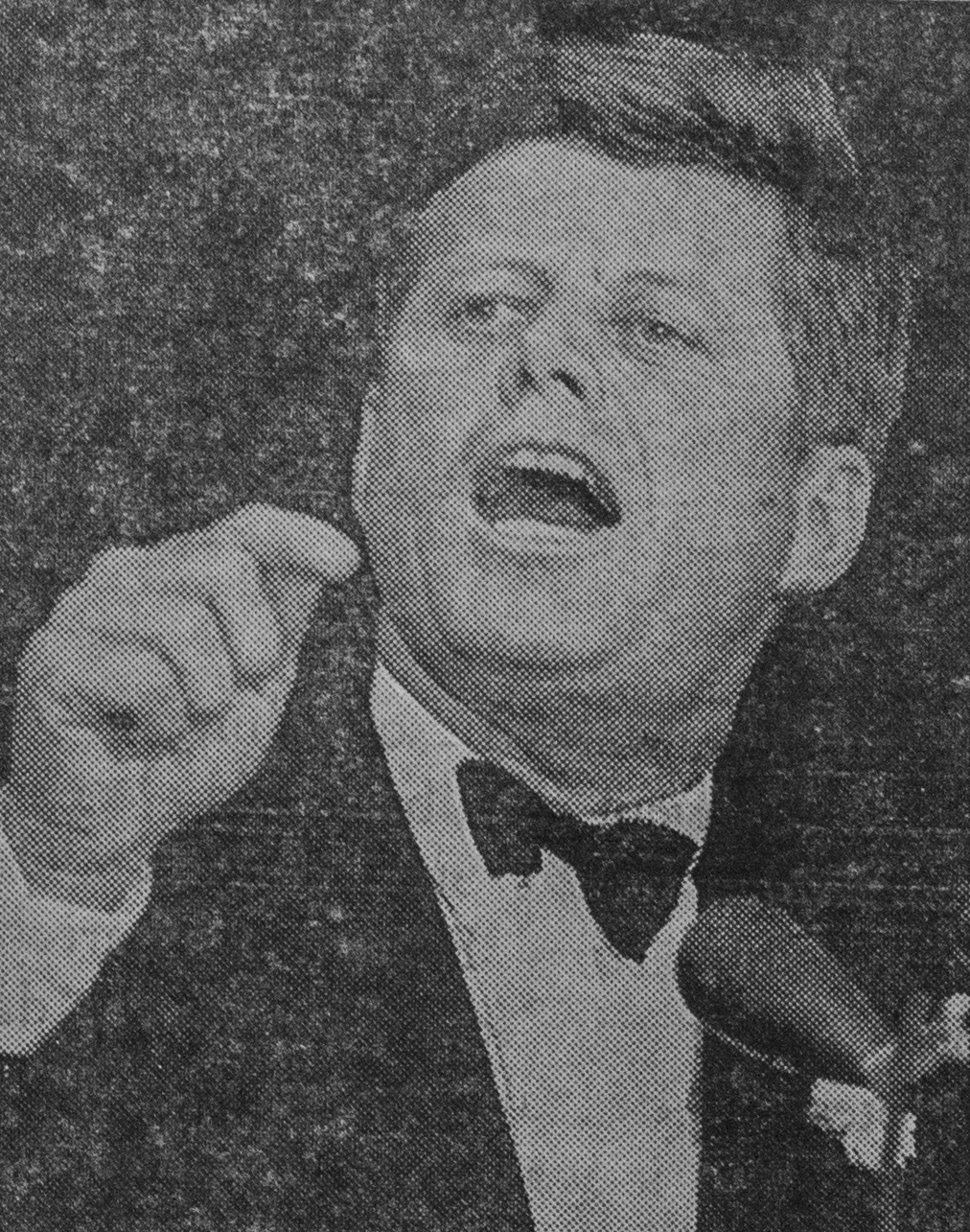
News
Summers Will Not Finish Semester of Teaching as Harvard Investigates Epstein Ties

News
Harvard College Students Report Favoring Divestment from Israel in HUA Survey

News
‘He Should Resign’: Harvard Undergrads Take Hard Line Against Summers Over Epstein Scandal

News
Harvard To Launch New Investigation Into Epstein’s Ties to Summers, Other University Affiliates

News
Harvard Students To Vote on Divestment From Israel in Inaugural HUA Election Survey
Kennedy Family and Administration Sought to Establish Memorial at Harvard

In the months that followed the assassination of President John F. Kennedy '40 on Nov. 22, 1963, members of the Kennedy family and administration met routinely with University President Nathan M. Pusey ’28, in hopes of realizing the late President’s wish that his national memorial consist of three parts—a museum, a library, and a political institute—and that it stand next to the Harvard campus.
The plans laid out in 1963 by Pusey and the executors of the Kennedy will would be abandoned over a decade later in the face of legal setbacks and community opposition. Ultimately, the Charles River came to separate the three-part memorial complex Kennedy originally envisioned. The Institute of Politics was established on Harvard’s campus, while the John F. Kennedy Presidential Library and Museum was erected across the river in Columbia Point, Boston.
According to reports from The Harvard Crimson, in the spring of 1963, President Kennedy surveyed the Harvard campus twice in search of potential sites for his memorial, settling upon a spot across the Charles River from Dunster House, on the grounds of the Business School.
President Kennedy and Pusey signed an agreement that summer, solidifying the Business School location as the future site of the John F. Kennedy memorial.
Soon after President Kennedy’s assassination, in December 1963, Pusey announced that the University would deed several acres of land for the memorial to the federal government. But plans progressed slowly, and in the meantime, in 1966, the Institute of Politics opened its doors at its first site next to Lowell House on Mount Auburn St. Supervision of the IOP fell under the Graduate School for Public Administration, which was renamed the John F. Kennedy School of Government.
The Kennedy Library Corporation explicitly abandoned plans for uniting the Institute of Politics with the JFK Library and Museum at the Business School Site in 1975, due in part to difficulties in securing the land for development and opposition from community members who were concerned about noise pollution and overcrowding from tourists.
But, according to C. M. Trey Grayson ’94, outgoing director of the Institute of Politics, the IOP and the John F. Kennedy Library and Museum continue to collaborate on endeavors like the New Frontier Awards, a set of awards given by the IOP and the John F. Kennedy Library Foundation each year to honor young Americans in public service.
“We somewhat jokingly refer to the Library and the IOP as fraternal twins separated at birth,” Grayson said.
—Staff writer Sonali Y. Salgado can be reached at sonali.salgado@thecrimson.com. Follow her on Twitter @SonaliSalgado16.
Want to keep up with breaking news? Subscribe to our email newsletter.
